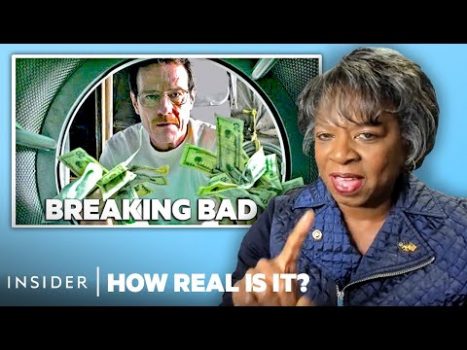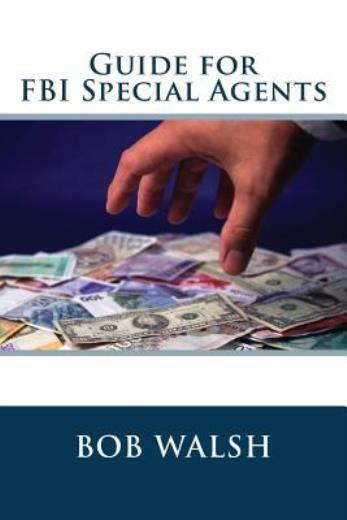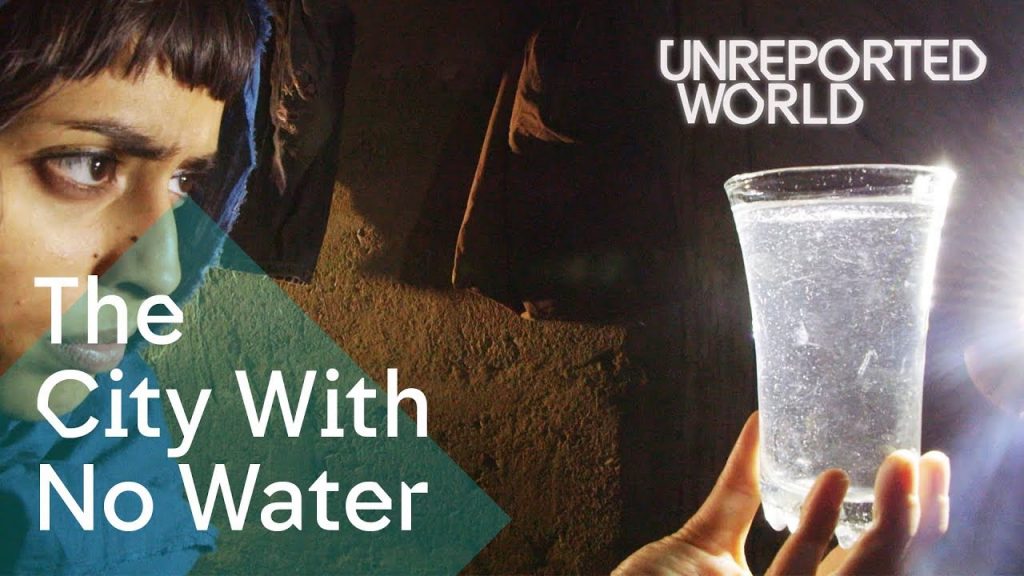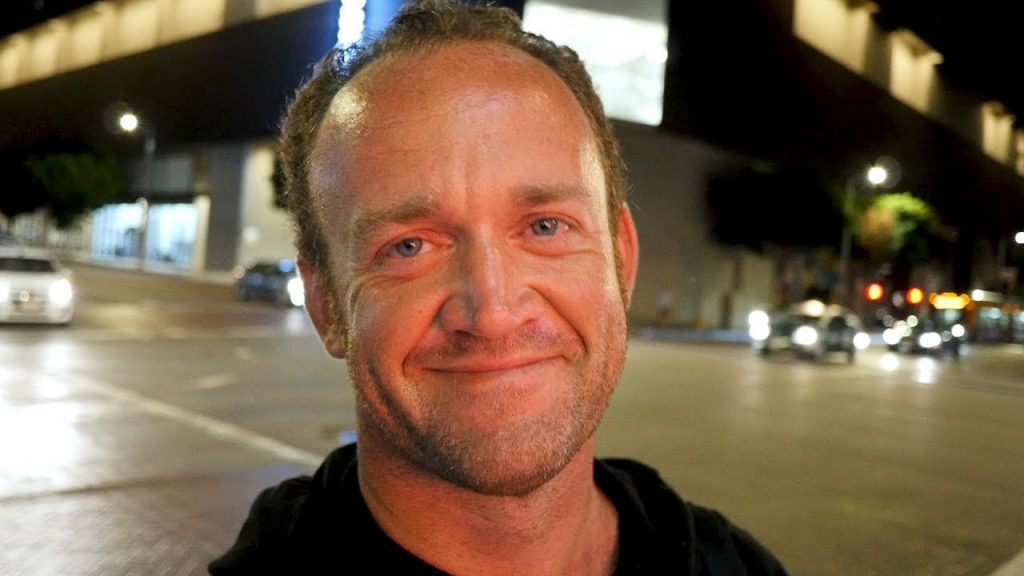Money-Laundering FBI Expert Rates 8 Money-Laundering Scams In Movies and TV | How Real Is It?

Retired FBI investigator Jerri Williams looks at eight money-laundering scams from popular TV shows and movies and rates them based on realism.
Williams served as an FBI special agent for 26 years, working on major economic fraud investigations. She is the recipient of four United States Attorney Awards for Distinguished Service. She now hosts the true-crime podcast “FBI Retired Case File Review” and works as a technical consultant for TV shows and movies depicting the FBI.
Williams is the author of “FBI Myths and Misconceptions: A Manual for Armchair Detectives”
What steps are law enforcement agencies taking to combat money laundering, and what can viewers do to better understand and support these efforts?
Money laundering has been a topic of discussion in movies and TV shows for quite some time. However, how accurate are these portrayals? To answer this question, an FBI expert in money laundering has rated the top eight money laundering scams portrayed in movies and TV shows.
The first on the list is the cash-based business in Breaking Bad. According to the expert, this portrayal is very accurate, as drug dealers often use cash-based businesses to launder their money. The second is the diamond trade in Blood Diamond, which the expert says is less likely but still a possibility.
Third on the list is the offshore accounts in The Wolf of Wall Street. The expert claims that offshore accounts are a common way of obscuring the trail of financial transactions. Fourth is the art auction in Casino Royale. While it may not be the most common method, laundering money through art transactions is not unheard of.
Fifth on the list is the shell company in Ozark. The expert says that shell companies are a legitimate way to conduct business but can also be used for illegal purposes. Sixth is the casino scheme in Ocean’s Eleven. Despite being a classic movie trope, the expert says it is a real method used by organized crime syndicates.
Seventh on the list is the real estate scheme in The Sopranos. The expert claims that real estate is an attractive option for money laundering due to the high value of assets and the ease of transferring funds. Finally, the expert rates the cryptocurrency in Mr. Robot, which he believes is a more modern and trendy approach to money laundering.
Overall, it seems that Hollywood’s portrayal of money laundering is not too far off the mark, with most of the top eight scams being plausible. While the methods may differ from movie to movie, the underlying principles of obscuring the source of funds and making them appear legitimate remain the same.
In conclusion, while money laundering is often depicted in movies and TV shows in a glamorous light, it is a serious crime with real-world implications. The FBI, along with other law enforcement agencies, are working hard to combat this issue and prevent the illegal transfer of funds. It is important for viewers to understand that what they see on screen may not always be accurate, and that money laundering is a much more complex and dangerous crime than it appears in the media.










Police Arrest Florida Man Over a Donut
Why Do Americans Refrigerate Their Eggs and Most Other Countries Don’t?
True cost of US healthcare shocks the British public
DAY 85: Sharks Really Wanted This Fish!
Jim Norton and Joe Rogan Debate Bob Lazar’s Story